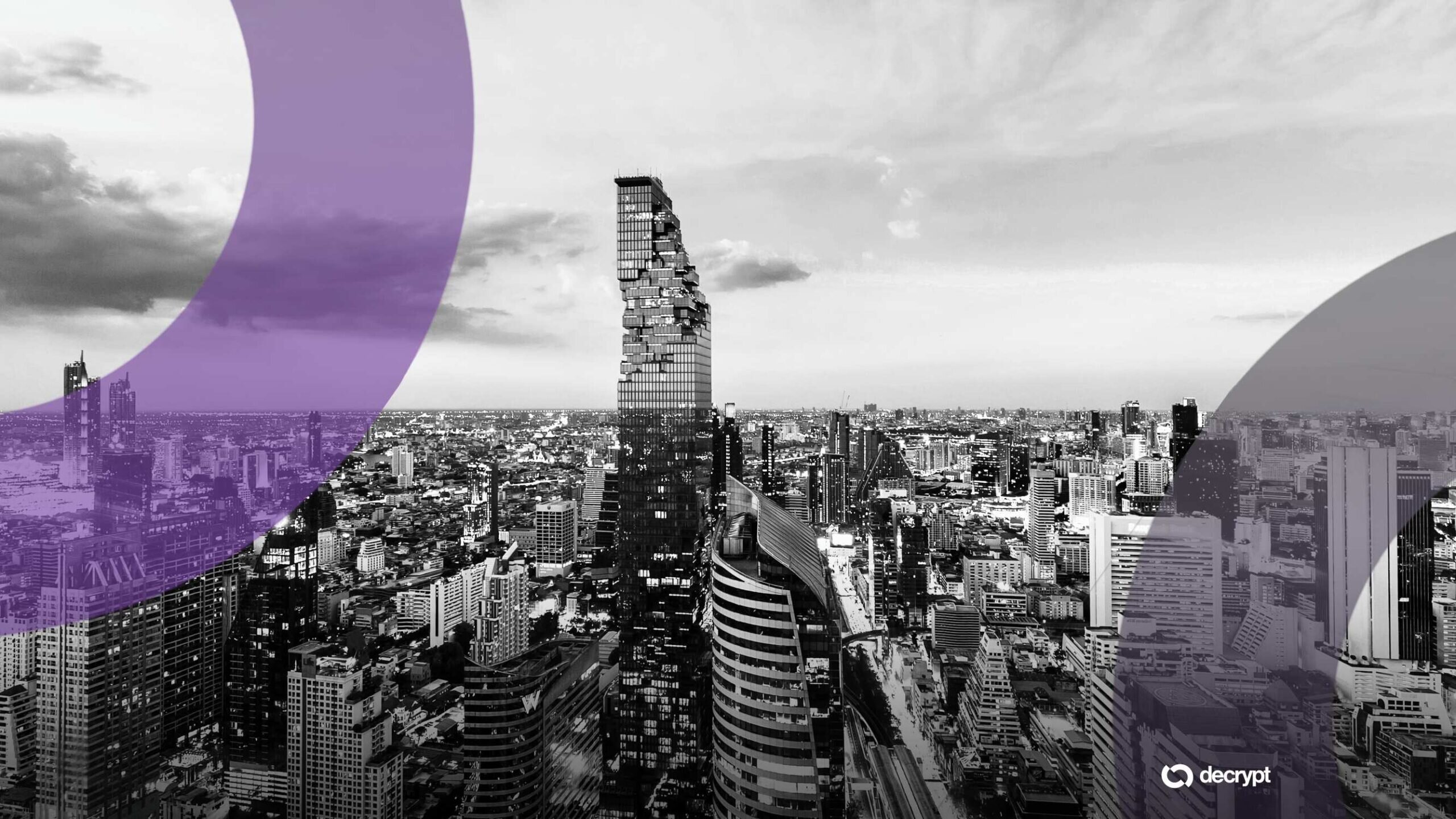As Hurricane Melissa churns through the Caribbean, thousands of Jamaicans have downloaded Bitchat, a new decentralized messaging app from Jack Dorsey. The storm led to power and internet outages that have crippled large parts of the region, essentially severing communication for millions of people.
And now Dorsey’s creation, Bitchat, which allows people to send messages without an internet connection, has rapidly become the second-most downloaded app on both the Apple App Store and Google Play in Jamaica. It’s second only to a popular weather tracking platform, Zoom Earth. Staying informed and connected are undoubtedly the twin priorities on the island.
The app’s rise in Jamaica coincides with Hurricane Melissa’s ongoing impact on large parts of the Caribbean, resulting in widespread power and internet outages. Many residents have turned to Bitchat as a crucial backup communication tool, helping families and communities stay connected despite broken infrastructure.
Offline communication becomes a lifeline
Bitchat, launched in July 2025, allows users to send encrypted messages without an internet connection or phone number. The app is praised for not requiring mobile data to function. The app utilizes Bluetooth mesh networking, a technology that enables nearby phones to exchange messages with each other. In essence, each phone becomes a small transmitter, and encrypted messages can be passed along from one phone to another until they reach their intended destination.
The technology has been invaluable in places where mobile networks have failed, as was the case in parts of the Bahamas after Hurricane Dorian. Local volunteers and community groups have also begun deploying Bitchat to organize humanitarian aid in the most severely affected regions.
The design of the app fits in with Dorsey’s career-long mission to bring decentralization to technology. Unlike other mass-market messaging apps, Bitchat doesn’t use centralized servers or require a phone number to sign up for an account. It functions completely using peer-to-peer connections and end-to-end encryption, making it a trustworthy tool even in emergency mode.
The spike in downloads in Jamaica mirrors a trend across other parts of the world. When the government blocked major social media platforms, including Facebook, Instagram, WhatsApp, and YouTube, in September during anti-corruption protests in Nepal, citizens turned to Bitchat. The app also experienced a surge in usage in Indonesia and Madagascar at the same time as unrest and service outages.
Experts say these trends illustrate a growing need for communication tools that can operate beyond the reach of government or corporate control, particularly in crises — whether artificial, policy-driven, or natural.
Experts raise security concerns
While Bitchat is receiving a lot of attention for its original spin on messaging, cybersecurity experts cautioned that the app had only just begun. Experts say some security measures will need to be tested, and conversations are underway to ensure immunity from impersonation or spoofing attacks. Dorsey himself has stated many times that the app is growing and that updates are being issued to enhance end-to-end encryption, ensure message integrity, and other similar enhancements.
And yet for many Jamaicans, Bitchat is a lifeline. However, the most useful feature of the app at the moment is that it works offline. The app’s success serves as a reminder of how technology can respond to real-world turmoil, especially in an era of heightened communal vulnerability.
Bitchat’s quick deployment in Jamaica may serve as a model for future emergency communications systems. Humanitarian organizations and local governments are beginning to explore how mesh-based solutions like this can be integrated into emergency response plans.
As more powerful and frequent hurricanes make landfall due to climate change, decentralized communication tools are necessary now more than ever. Bitchat has risen to the top of Jamaica’s app charts during a national crisis, another sign that people are constantly seeking ways to help themselves survive or prepare for disasters.
If you’re reading this, you’re already ahead. Stay there with our newsletter.
Source: https://www.cryptopolitan.com/bitchat-hits-no-2-in-jamaica/


